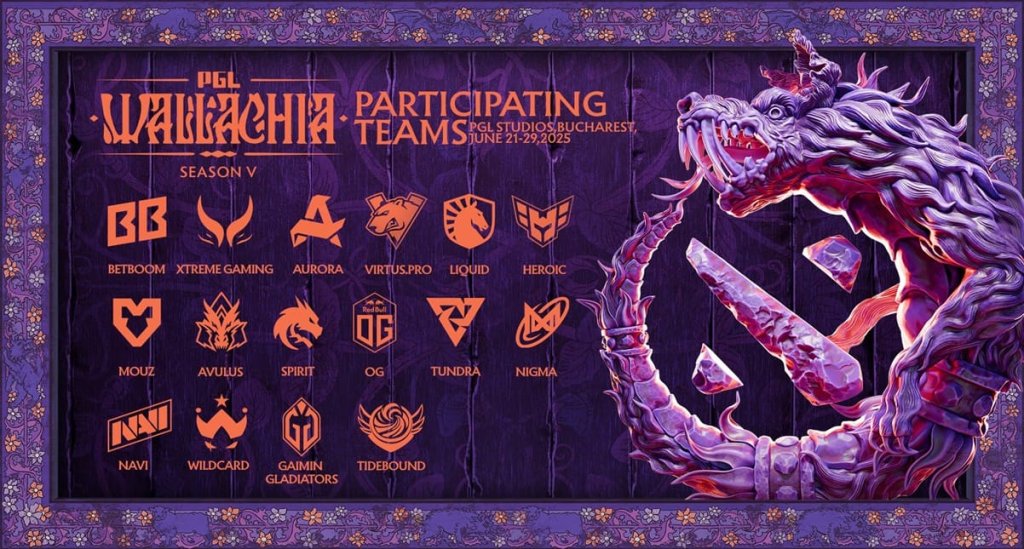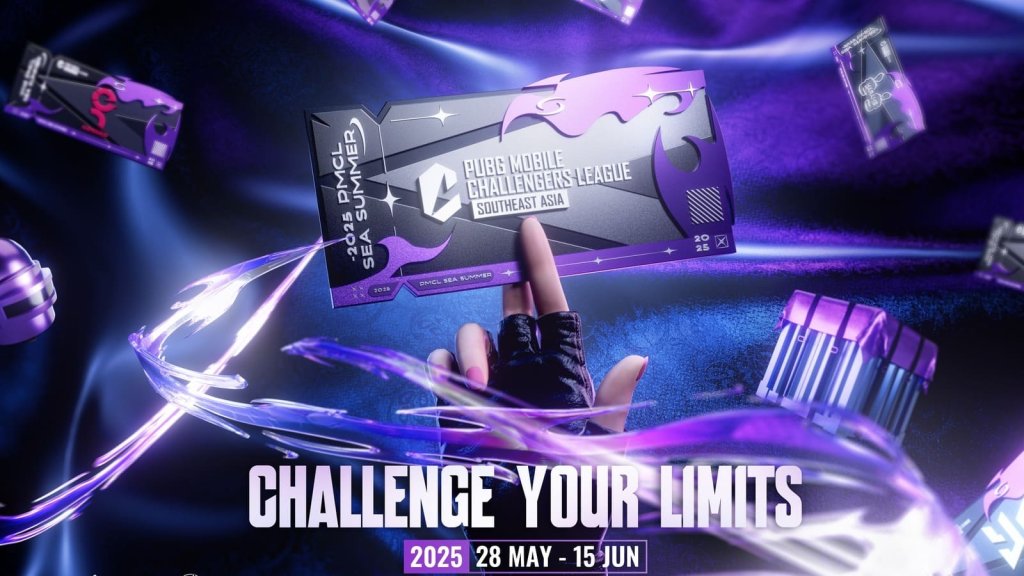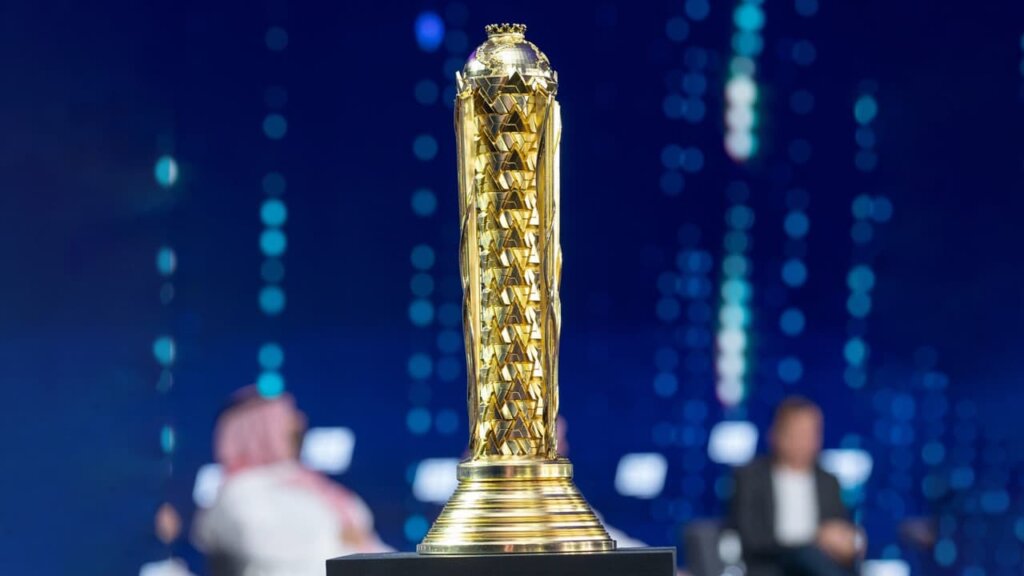
LCS | League Championship Series
The League of Legends Championship Series (LCS) was the premier professional League of Legends league in North America and Europe from 2013 to 2018. Both of them were part of the four major regions, alongside Korea’s LCK and China’s LPL, shaping the global competitive ecosystem over the past decade.

Image Credit: Riot Games
The origin story of the LCS
The LCS was the first fully centralized esports league run by operated by Riot Games. It provided a structured and stable environment for teams and players to thrive. Initially, Riot launched EU LCS and NA LCS 2013 as the first two official leagues. Both regions began with 8 teams, seasonal splits, and a promotion/relegation system that included a Challenger Series, giving up-and-coming players and organizations a clear pathway to the top.
Despite having similar structure and branding, the two leagues quickly developed clear and different identities. The NA LCS revolved around big powerhouse orgs like Team SoloMid, Cloud9, and Team Liquid, while EU was developed on grassroots talents, leading to the rise of several influential players that would shape up organizations’ legacies, such as Fnatic and G2 Esports.
Between 2013 and 2018, North America was dominated mainly by TeamSoloMid and Cloud9, thanks to the presence of iconic professional players like Bjergsen, Sneaky, WildTurtle, and Hai. Only Counter Logic Gaming was able to stop their domination, led by Doublelift in the 2015 season, and Team Liquid began their streak of domestic success in 2018.
In the EU LCS, the competition was much more spread out. While Fnatic was the main dominant force in the early years, several organizations contested them for the title, such as SK Gaming, Origen, Unicorns of Love, and Alliance, just to name a few. G2 Esports was the only one, however, who really put an end to Fnatic’s reign in 2017: it’s at that point that the rivalry between the two EU powerhouses rose, and the two are battling to this day.
| Year | Split | NA LCS Champions | EU LCS Champions | International Results |
|---|---|---|---|---|
| 2013 | Spring | Team SoloMid | Fnatic | |
| 2013 | Summer | Cloud9 | Fnatic | Fnatic Top 4 Worlds Cloud9 Top 8 |
| 2014 | Spring | Cloud9 | Fnatic | |
| 2014 | Summer | Team SoloMid | Alliance | Top 8 for C9 and TSM |
| 2015 | Spring | Team SoloMid | Fnatic | Fnatic MSI Semis |
| 2015 | Summer | Counter Logic Gaming | Fnatic | Fnatic Worlds S5 Semifinals NA teams all eliminated in groups |
| 2016 | Spring | Counter Logic Gaming | G2 Esports | CLG MSI Finals |
| 2016 | Summer | Team SoloMid | G2 Esports | H2K top 4 at Worlds C9 Top 8 Worlds |
| 2017 | Spring | Team SoloMid | G2 Esports | G2 reached MSI Finals |
| 2017 | Summer | Team SoloMid | G2 Esports | Misfits Gaming brought SKT T1 to Game 5 |
| 2018 | Spring | Team Liquid | Fnatic | Fnatic MSI Finals Top 4 for Team Liquid at MSI |
| 2018 | Summer | Team Liquid | Fnatic | Fnatic Worlds Finals C9 Worlds Semifinals |
The LCS rebrand and move to franchise
In 2018, however, both leagues were rebranded and transitioned to a franchised model, establishing 10 partner teams and removing the relegation system. The EU LCS was renamed to LEC while North America maintained the LCS name. At the time, the franchise model was considered due to its higher stability for the organizations and players, allowing esports teams to raise more investments.
Over the years, the LCS experimented with several formats, including best-of-three series, double-elimination playoffs, and even playing official matches on the live patch. That said, the viewership and general interest in the league declined, especially given the lack of results from teams at the international stage.
The LEC, on the other hand, found steady growth thanks to its community and strong international results by top organizations like G2 and Fnatic, which often qualified to the knockout stages at the World Championship and could go toe-to-toe with the top Eastern teams.
The 2023 debacle
2023 was rough for the LCS. At the start of the season, Riot Games moved the broadcasting schedule of the LCS to Thursday and Friday to allow fans to follow games from all the different regions. Having the lowest average viewership among the four major regions, the LCS was the one affected, further lowering its numbers.
On top of that, a walkout happened a few days before the start of the LCS Summer Split, following Riot’s announcement of removing the requirement for LCS teams to field an academy squad. This meant that several players who were supposed to take part in the NA Challengers League found themselves without a team from one day to another. The players from the LCS took part in the walkout to protest, forcing the organizers to push back the starting date of the split. While the matters were negotiated, it was a clear sign that the league was struggling.
Things got even worse in 2024 when Golden Guardians and Evil Geniuses announced their exit from the league, reducing the number of teams from 10 to 8 as no replacements were added. EG made the choice due to ongoing struggles in the company, while Golden Guardians decided to focus on their basketball efforts.
Starting in 2025, the LCS rebranded to the LTA following the merger of North America with the Brazilian (CBLOL) and Latin American leagues (LLA), creating one major region for the entire American ecosystem.
Teams that took part in the LCS
The teams that competed in the NA and EU LCS between 2013 and 2017 were as follows:
| NA LCS | EU LCS |
|---|---|
| TeamSoloMid | Fnatic |
| Cloud9 | Gambit Gaming |
| Counter Logic Gaming | SK Gaming |
| Team Liquid | Evil Geniuses (EU) |
| Good Game University | Copenhagen Wolves |
| Team Coast | DragonBorns |
| XDG Gaming | Ninjas in Pyjamas |
| Vulcun | Lemondogs |
| Evil Geniuses | Alliance |
| Velocity Esports | Elements |
| Dignitas | Millenium |
| Team MRN | ROCCAT |
| Complexity Gaming | SUPA HOT CREW XD |
| LMQ | Meet Your Makers |
| Team Impulse | Unicorns of Love |
| Winterfox | Origen |
| Gravity Gaming | Giants Gaming |
| Echo Fox | H2k-Gaming |
| Renegades | Splyce |
| NRG Esports | G2 Esports |
| Phoenix1 | Team Vitality |
| FlyQuest | Misfits Gaming |
| Immortals | Team ROCCAT |
| FC Schalke 04 Esports |
Read next: LoL Viewership - Global view of the 2025 season













